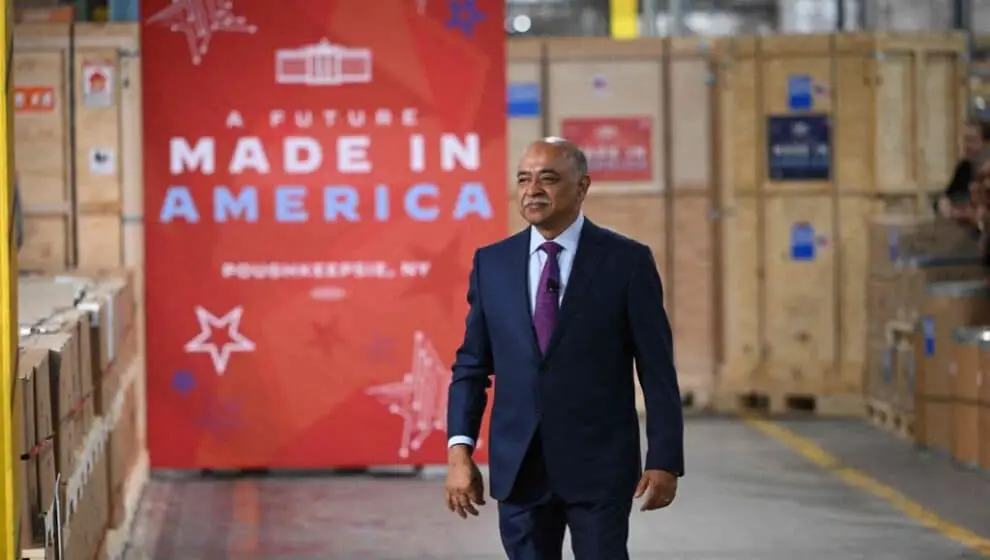The CEO of IBM offered an optimistic note this week regarding concerns that artificial intelligence (AI) could automate away white-collar jobs—saying that this could be a good thing.
Key Details
- The rise and proliferation of chatbots like ChatGPT and Bard have created fears that white-collar jobs—including business writing, secretary work, accounting, and journalism—could be replaced by machines.
- However, this could be a good thing, according to IBM CEO Arvind Krishna. Speaking with The Financial Times on Thursday, he says AI could be a valuable tool in curbing the potential of a labor crisis due to demographic changes.
- Krishna says that white-collar clerical work will likely be replaced to reduce time-consuming and labor-intensive tasks, automating the work and replacing low-level positions. He also expects “regulatory work,” including financial audits and health care workers, to also be automated, Fortune notes.
Why It’s News
The fear of automation replacing blue-collar jobs has long been in the public consciousness, with activists and politicians warning that replacing factories and truckers with driverless cars will harm working-class Americans. However, that fear is no longer just held by them. AI may well prove versatile enough to replace complex and cognitively challenging tasks and destroy entire industries.
This would help employers. The U.S. and European countries face challenges due to demographic decline and issues in the job market. Despite high inflation and economic stress, the job market is highly competitive and hundreds of thousands of jobs are being unfilled due to mass-worker exoduses like “The Great Resignation” of 2022, as employees sought greener pastures. As the population size shrinks over time, these problems will only worsen.
Notable Quote
“Maybe we can find tools that replace some portions of labor, and it’s a good thing this time,” Krishna says. “We do have a shortage of labor in the real world, and that’s because of a demographic issue that the world is facing. So we have to have technologies that help.”
Backing Up A Bit
The escalating rush to push AI onto the market has created numerous concerns, with Microsoft President Brad Smith publicly outlining safety and ethics recommendations for the industry in a recent blog post as concerns continue to arise. Other leading tech figures such as Google SVP Prabhakar Raghavan, Apple co-founder Steve Wozniak, and entrepreneur Mark Cuban have laid out similar concerns. OpenAI CEO Sam Altman has a more optimistic view, noting this week that AI could be a significant force for economic growth.
